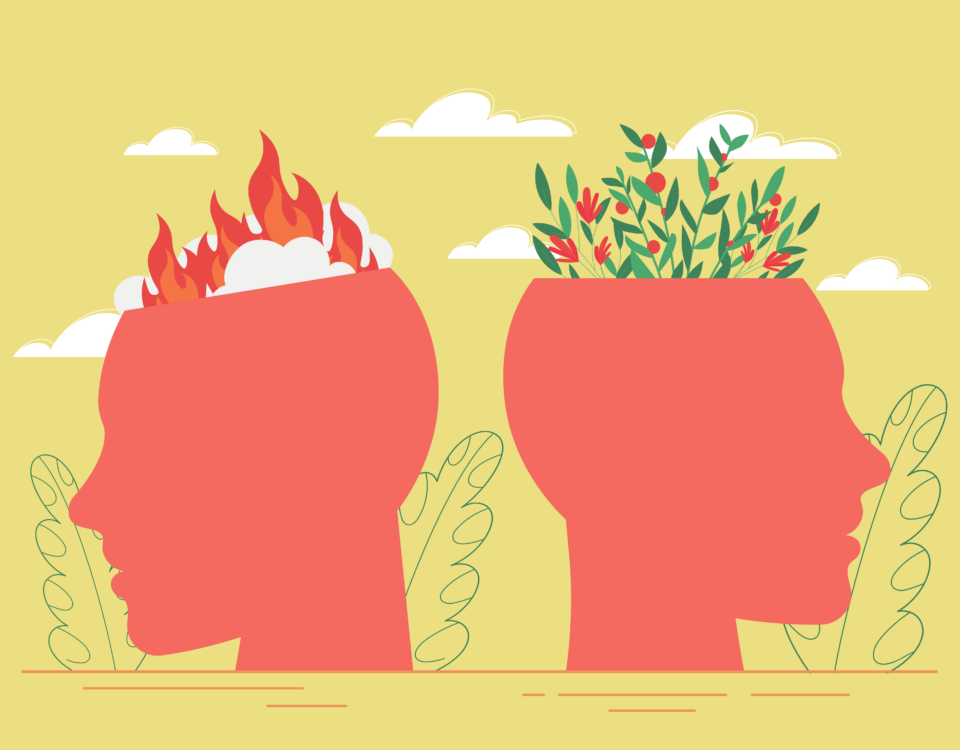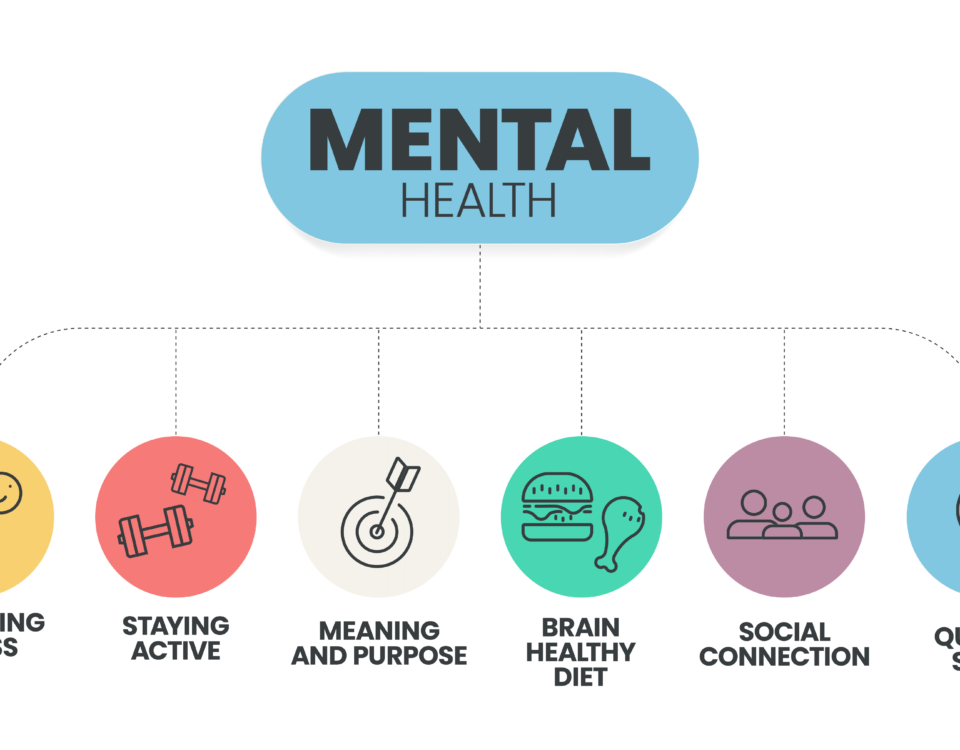As we celebrate Women's History Month, it's essential to acknowledge the significant contributions of women who have paved the way in addiction recovery. These trailblazers have not only transformed the way we understand addiction, but they have also helped shape recovery programs that continue to support individuals in their journey toward healing. Their work has had a profound impact on both scientific research and recovery programs, particularly in recognizing the importance of gender-specific approaches to addiction treatment.
Mary Jeanne Kreek: A Pioneer in Addiction Studies and Methadone Therapy
Mary Jeanne Kreek is one of the most influential figures in addiction studies, with groundbreaking research that advanced our understanding of addiction and its treatment. As a researcher at Rockefeller University, Kreek’s work led to the development of methadone therapy, a life-saving treatment for opioid addiction that reduces withdrawal symptoms and cravings. Despite initial resistance, Kreek’s advocacy for methadone changed the addiction treatment landscape, promoting harm reduction strategies now widely accepted.
Her research also reshaped addiction medicine by exploring how opioids affect the brain’s reward systems and highlighting the genetic factors influencing addiction. This led to more effective, science-based treatments and emphasized the importance of personalized medicine.
Kreek’s contributions earned her numerous honors, including the NIH Merit Award, and her influence extends through mentoring future leaders in the field. Her legacy is reflected in the widespread adoption of evidence-based treatment options and the continued impact of her work on addiction medicine, improving the lives of those affected by addiction.
Jean Kirkpatrick: Founder of Women for Sobriety
Jean Kirkpatrick's name is synonymous with gender-specific addiction recovery. As the founder of Women for Sobriety (WFS), she recognized that women often face unique challenges in addiction recovery that differ from those experienced by men. Founded in 1975, WFS offers a supportive environment where women can explore their emotional and psychological needs, ultimately empowering them to reclaim their lives from addiction.
Women are often more likely to seek treatment when gender-specific programs are available, as these programs address the distinct struggles they face in recovery. Kirkpatrick’s innovative approach emphasized the importance of emotional well-being and self-esteem in overcoming addiction. Through her work with WFS, she provided a safe space for women to share their struggles and victories, fostering a sense of community and connection. Today, Women for Sobriety continues to be a vital resource, offering programs and support to women seeking recovery.
Marty Mann: The First Woman in Alcoholics Anonymous
In the early days of Alcoholics Anonymous (AA), women were largely underrepresented. However, Marty Mann changed that when she became the first woman to join AA and later, one of its most prominent advocates. Her journey to recovery began in the 1930s, after struggling with alcoholism for many years. Once sober, Mann quickly became a tireless leader in alcoholism education, breaking down the barriers of stigma surrounding addiction, especially for women.
As the founder of the National Council on Alcoholism (NCA), Mann worked to raise awareness about the impact of alcoholism on individuals and families, as well as to educate the public on the importance of seeking help. Her advocacy was instrumental in destigmatizing addiction, particularly for women, who often faced additional social challenges in seeking treatment. She was a powerful voice in encouraging the public to view alcoholism as a disease, rather than a moral failing.
Mann also played a crucial role in shaping modern treatment methods. Her efforts in public education helped to lay the groundwork for the widespread acceptance of AA’s principles and the medical community’s recognition of alcoholism as a treatable condition. Her work focused on ensuring that treatment addressed the unique struggles of women in recovery, advocating for programs that understood and met their specific needs.
Marty Mann's legacy is felt today in the inclusive, progressive landscape of addiction recovery. Her tireless work not only advanced treatment for alcoholism but also empowered countless individuals, especially women, to seek recovery without shame. She remains a vital figure in the history of addiction treatment, having helped pave the way for future generations to recover and thrive.
Getting into treatment is easy with our free insurance verification
"*" indicates required fields
The Legacy of These Pioneers
These extraordinary women have profoundly influenced the field of addiction recovery, making invaluable strides in research, treatment development, and advocacy. Their efforts not only inspire countless individuals, particularly women, on their recovery journeys but also continue to shape today’s treatment practices. By emphasizing a gender-sensitive understanding of addiction, their legacy endures in modern approaches that prioritize compassionate, tailored care.
Banyan Treatment Centers: Continuing the Legacy of Recovery
At Banyan Treatment Centers, we are proud to continue the work of these trailblazing women by offering comprehensive, gender-sensitive addiction recovery programs. Recognizing the unique challenges that women face in recovery, Banyan Treatment Centers provides specialized care that addresses the emotional, psychological, and physical aspects of addiction, ensuring a holistic and personalized approach to healing.
We understand that women often face challenges such as trauma, family responsibilities, and social stigmas that can impact their recovery journey. In keeping with the pioneering spirit of women like Jean Kirkpatrick, Banyan’s programs provide a supportive environment that fosters emotional healing, self-esteem building, and empowerment.
Banyan Treatment Centers: Empowering Women in Recovery
At Banyan Treatment Centers, we honor the legacy of trailblazing women like Mary Jeanne Kreek, Jean Kirkpatrick, and Marty Mann by offering comprehensive, gender-sensitive care tailored to the unique needs of women in recovery. Our programs incorporate their groundbreaking work, ensuring that each woman receives the support she needs to heal and thrive.
Our Services Include:
- Medication-Assisted Treatment (MAT): Building on the research of Mary Jeanne Kreek, we use MAT to alleviate withdrawal symptoms and support recovery from opioid addiction, providing a vital component of our holistic approach.
- Trauma-Informed Therapy: Understanding the profound impact of trauma on many women’s lives, our specialized therapy helps women address past emotional and psychological challenges, fostering resilience and long-term healing.
- Family and Community Support: Inspired by the community-focused approach of pioneers like Kirkpatrick and Mann, we create a supportive network where women can find the emotional and social support necessary for lasting recovery.
- Rehab for Pregnant Women: Banyan offers a specialized recovery program designed to support pregnant women through addiction treatment while safeguarding maternal and fetal health. Combining trauma-informed therapy and family-centered care, our holistic approach addresses the unique challenges of pregnancy and addiction. We ensure a safe, nurturing environment where women receive medical, emotional, and social support tailored to their needs, promoting recovery and the health of both mother and baby.
By offering individualized treatment plans that blend therapy, support groups, and family counseling, we ensure that every woman has the resources to reclaim her life and build a future free from addiction.
Continuing the Legacy of Empowerment and Healing
The work of Mary Jeanne Kreek, Jean Kirkpatrick, and Marty Mann continues to shape the modern addiction recovery landscape. Their advocacy for scientifically informed, gender-specific care has directly influenced recovery centers, including Banyan Treatment Centers, where we offer programs tailored to meet the unique needs of women. This includes a focus on building emotional resilience, addressing trauma, and creating a supportive community—values these pioneering women championed.
Women for Sobriety, founded by Kirkpatrick, continues to inspire recovery programs today, and at Banyan, we honor this legacy by creating spaces for women to feel empowered, supported, and understood.
If you or someone you know is struggling with addiction, we encourage you to reach out to Banyan Treatment Centers. Our nationwide network offers a range of programs designed to meet your unique needs, including:
- Inpatient Addiction Program: A structured and immersive environment that provides 24/7 care, medical supervision, and personalized treatment plans to address the physical, emotional, and psychological aspects of addiction.
- Outpatient Addiction Program: A flexible treatment option that allows individuals to receive therapy and support while maintaining their daily responsibilities, such as work or family commitments.
- Telehealth Addiction Program: A convenient, confidential way to access therapy and support remotely, ensuring that help is available no matter where you are.
At Banyan, we believe in a holistic and evidence-based approach to recovery that addresses the addiction itself while empowering individuals to rebuild their self-esteem and create a positive future for themselves. Our team is ready to provide the care and support necessary for long-term recovery.
Contact us today to get started with treatment at one of our nationwide addiction and mental health facilities. Call Banyan today at 888-280-4763.
Sources:








